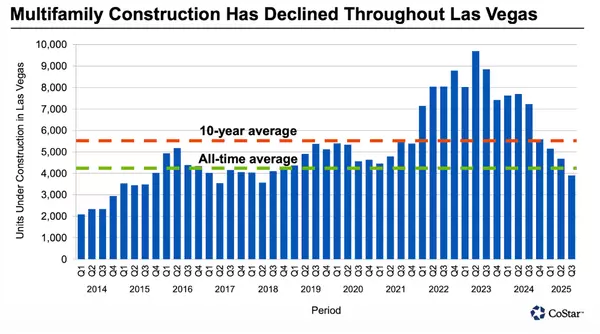Top 6 Rent Negotiation Strategies for Investors to Maximize Property Value

Navigating Rent Negotiations for Investors: Key Strategies for Maximizing Asset Value

Rent negotiations play a pivotal role in the profitability and sustainability of landlord-tenant relationships. For multifamily property investors, managing rent adjustments effectively impacts not only current cash flow but also future property valuations. A well-executed rent strategy can enhance tenant satisfaction, lower vacancy rates, and drive better returns.
Let’s explore the top six strategies for navigating rent negotiations to help investors make informed, strategic decisions that support long-term growth.
1. Conduct Thorough Market Research
Analyze Comparable Rentals
Use tools like Rentometer and Zillow to compare rental rates for similar units in your neighborhood. Understanding where your rent falls within the local spectrum helps you avoid overpricing or underpricing.
Monitor Local Rent Trends
Keep an eye on neighborhood-specific data from rental reports and platforms like Apartment List. Knowing whether rents are trending up or down helps you anticipate tenant expectations and market shifts.
2. Understand Legal Guidelines and Compliance
Review State and Local Rent Laws
Each state has different rules on how much and how often rent can be raised. Make sure to:
•Comply with required notice periods
•Stay informed on rent control zones
•Avoid illegal rent hikes or evictions
This helps you stay compliant and avoid legal conflicts.
3. Evaluate Tenant Requests Thoughtfully
Assess Tenant History
If a tenant asks for a rent reduction or delay, take time to review:
•Payment history
•Lease violations
•Communication responsiveness
Retaining a reliable tenant may be more profitable than dealing with vacancies or turnover costs.
Weigh the Cost of Vacancy
Vacancies can result in:
•Missed rental income
•Advertising expenses
•Maintenance during downtime
A slight rent reduction to retain a tenant can be a wise long-term move.
4. Explore Public Housing Assistance Programs
Leverage Government Support
Section 8 or the Housing Choice Voucher Program can ensure steady rental payments. Benefits for investors include:
•Reliable government-backed rent
•Broader tenant pool
•Reduced risk of payment delays
Visit HUD.gov for detailed program info.
5. Seek Expert Advice & Market Intelligence
Engage Local Real Estate Professionals
Property managers, leasing agents, and real estate advisors provide:
•Market trend analysis
•Risk mitigation tactics
•Pricing optimization strategies
Optimize for Long-Term Asset Value
Your rent roll directly affects property valuation, especially during:
•Refinancing
•Selling
•Appraisals
Stable, predictable income boosts investor confidence and increases your asset’s perceived value.
6. Think Beyond Short-Term Cash Flow
Investors must balance short-term gains with long-term value. A thoughtful rent strategy:
•Builds strong tenant relationships
•Improves occupancy rates
•Strengthens asset valuation over time
This mindset ensures continued growth and risk resilience.
🤔 Frequently Asked Questions (FAQs)
1. How often should landlords review their rental rates?
It’s best to assess market rates at least annually or when renewing leases. This keeps your pricing competitive and aligned with market trends.
2. Can landlords negotiate rent with tenants mid-lease?
Typically, rent changes occur at lease renewal. However, mutual agreements or specific lease clauses may allow mid-term changes in certain cases.
3. What’s the average notice period for a rent increase?
It depends on state laws. Most require 30 to 60 days’ notice. Always refer to your local regulations before making adjustments.
4. Are public housing tenants risky for investors?
Not necessarily. Section 8 tenants undergo screening, and the government often covers a significant portion of the rent, offering consistent cash flow.
5. What’s more important: higher rent or lower vacancy?
A balance is key. Sometimes accepting slightly lower rent to maintain full occupancy can lead to higher long-term returns and fewer expenses.
6. Should I hire a property manager to handle rent negotiations?
Yes, especially for larger portfolios. Property managers bring expertise, handle tenant communication, and ensure compliance with local laws.
🔚 Conclusion: Strategize for Success
Effective rent negotiation isn’t just about asking for more money—it’s a strategic approach that blends market knowledge, tenant understanding, and long-term vision. By leveraging tools, expert advice, and thoughtful planning, investors can secure stronger returns, better tenant retention, and greater asset value over time.
Categories
Recent Posts










GET MORE INFORMATION

